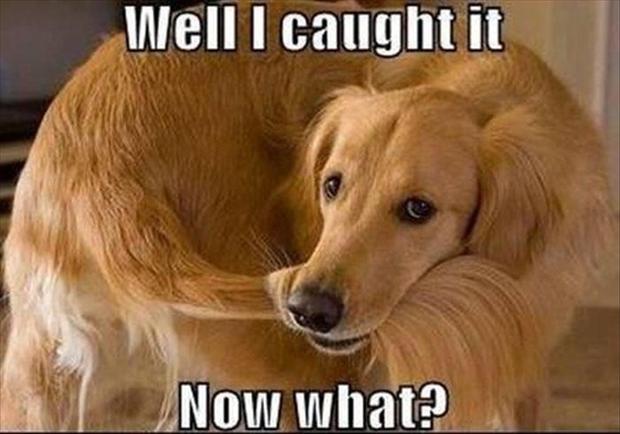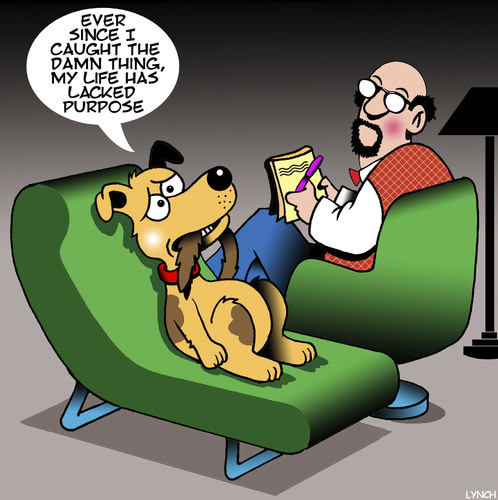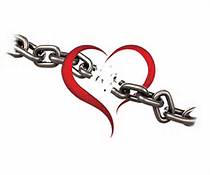
My dream last night included writing, and stacks of books, and a library in ruins. I am a writer. I’m not an originalist because I don’t generate new ideas, but I do interpret the ideas and discoveries of other people. It’s a lot like actors and directors who interpret the stories of others and infuse their characters and plot lines with their own schemas. I am a tiny part of the collective creation.
I recently wrote about the collective unconscious of humankind. There is also a kind of collective creation that permeates the story of reality. We are all creating the universe as we journey in life. We do this through our interpretations of the events and experiences we encounter in life. Like the multitudinous feathery ice crystals in a snow fall no two of us see reality exactly the same. We all see events, colors, landscapes, and each other differently, creating a much broader reality than any one of us are aware of. All of the landscapes of our minds are also affected by our beliefs, our interpretation of those beliefs, and our belief in those interpretations, ad infinitum. Words even have different meanings and languages don’t fully translate between each other and these two facts create different realities as well. “Seeing is believing” is a catch phrase that leads us astray because at the fundamental level of awareness what we are being is what we see, e.g., Believing is seeing.
At some level we know this about ourselves which is why we work so hard in our negotiations with each other to devise a shared understanding of the words we use and thoughts and beliefs that we have so as to construct agreements. In spite of all this we collectively create an incredibly complex reality that defies the desire to treat it simply though some people never seem to tire from trying to do so and in their well-meaning attempts often create disaster and chaos.
Truly listening to each other without judgment and then feeding back what we think we hear can help but this process is often to many too tedious and frustrating especially those wedded to operating simplistically. Don’t get me wrong, simple answers can often be solutions and complex answers can lead to confusion and more problems. It’s the willingness to be open to both realities that can create a reality that works for most people if not all. Being open to realities beyond what one’s mind can see in the present is a skill and ultimately is needed for long-term survival.
Look at what was once thought to be a reality of the impossible in the past but that is now the accepted reality of the present e.g., radio and tv, cell phones, electric vehicles, solar power, flying, space travel, a united Europe, Democracy, women CEOs, voting, freedom, and cures for all sorts of diseases. In short, collectively we are the creators of our realities. These realities can be full of guns, death, scarcity, poverty, racism, rejection, exclusion, hunger, closed mindedness, dishonor, degradation, self-centeredness, oppression, suppression, conflict, and fear or full of compassion, abundance, acceptance, inclusion, equanimity, altruism, caring, coexistence, honor, and peacefulness. It’s our choice now, the elements for allowing either of these realities exist we need only choose.
Some say that we should not choose through fear, but I say that a fear of becoming so rigid in our points of view especially those that empower our dark side might help to turn around the current social crises.
What reality do you want to create?





 Of late I’ve had a number of people write about dreams that included the concept of letting go e.g. death and dying images, dropping things, toilet images, even ghosts. Many of the dreams also included images from the past such as a childhood home.
Of late I’ve had a number of people write about dreams that included the concept of letting go e.g. death and dying images, dropping things, toilet images, even ghosts. Many of the dreams also included images from the past such as a childhood home.
